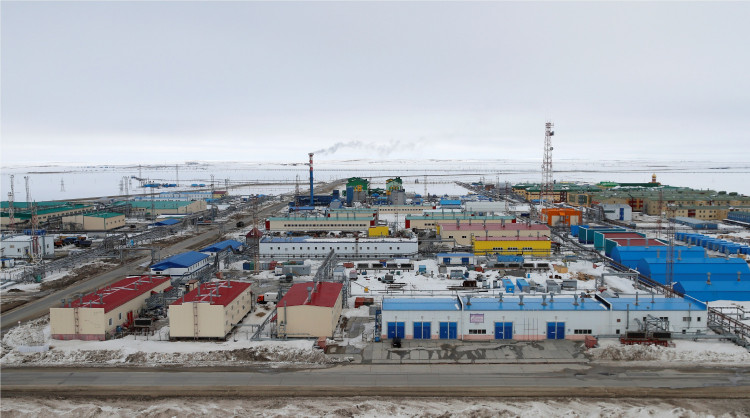Manufacturing companies from Vietnam's Asian neighbors are pouring their investments in many industries in the country. Foreign capital became the driving force behind the nation's economic growth. Japanese firms made large contributions to Vietnam's industrial gas market.
South Korea is the leading investor of Vietnam, owning more than 4,000 companies. It is followed by Japan with more or less 1,900 companies. Vietnam Japan Gas (VJG), a joint venture between Taiyo Nippon Sanso and Tomoe Shokai, Air Water Vietnam, Iwatani Vietnam, and Tomoe Vietnam are among the successful Japanese investments in the country.
Samsung Electronics, a South Korean company, owns factories in Bac Ninh and Thai Nguyen Province. The company considers the plants as a core production facility for Southeast Asia. The increasing number of foreign companies in the local areas increases wages and the number of jobs.
Japanese firms in the country, Nghi Son Refinery and Petrochemical (NSRP, Thanh Hoa Province, a joint venture by Idemitsu Kosan, Kuwait Petroleum International, Vietnam Oil and Gas Group and Mitsui Chemicals), Terumo (Hanoi, Dong Nai Province), Nippon Zoki Pharmaceutical (Bac Ninh Province), and others, makes large capital investments.
According to The Gas Review, companies doing industrial gas business in Vietnam find it difficult to interpret laws and regulations related to gas safety since they vary according to the official and time. The report also noted that high-pressure gas containers are not color-coded according to the type of gas and there is not much of a concept of plant maintenance.
Japan is the world's largest liquefied natural gas exporter. JERA, a Japanese firm and the largest importer of natural gas, said a few weeks ago that they are planning to expand in other parts of Asia. Satoshi Onoda, who formally became JERA's new president on April 1 said that they want to undertake liquefied natural gas receiving terminals in Vietnam and Thailand. Mr. Satoshi said that they will expand the company's growth by deploying their strength of undertaking, a value chain, from liquefied natural gas procurements to electricity generation to Asia.
The company plans to form a joint venture with Tokyo Electric Power (Tepco) to increase its buying power to be able to strike more favorable deals. The demand for liquefied natural gas in Japan increased after the 2 011 Fukushima nuclear disaster. Japan seeks for an alternative source of energy because of the loss of nuclear power used in generating electricity. JERA also plans to increase its operations in Singapore.





